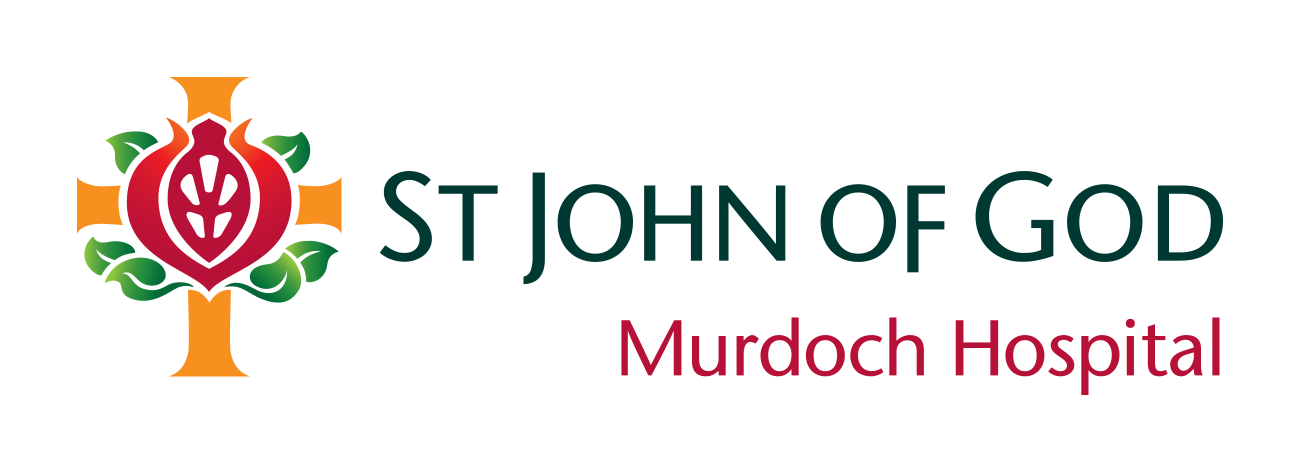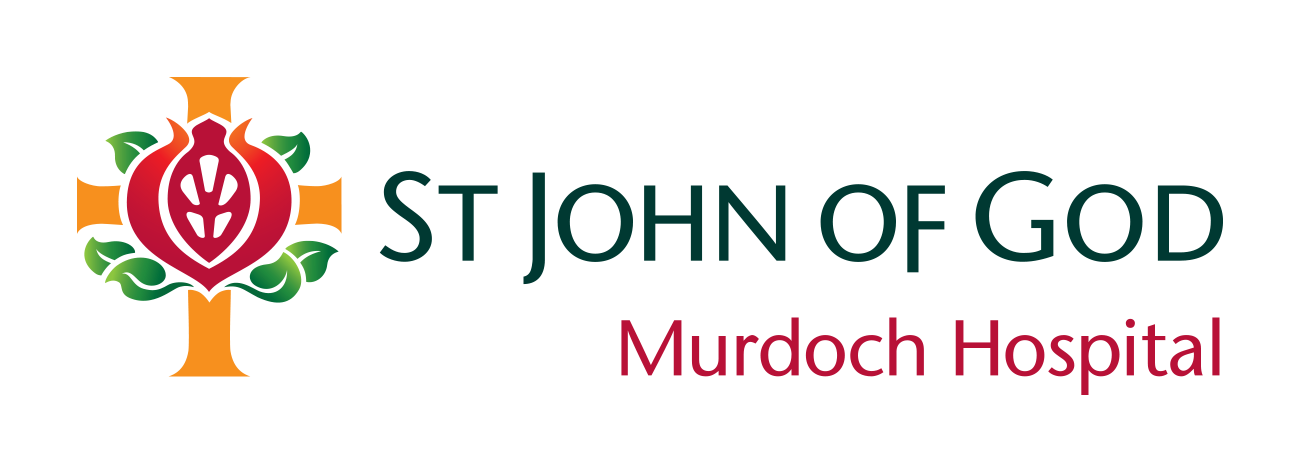Oesophageal cancer medication gives hope
23 Sep 2021
The drug is a type of immunotherapy which is already approved for some patients with other cancers like Hodgkin’s lymphoma, melanoma and kidney cancer.
St John of God Murdoch Hospital’s Head of Department of Cancer Services Associate Professor Kynan Feeney said the results from this study have shown the potential to establish a new standard of care for these potentially curable cancers.
“This is the first real breakthrough we have had in decades for people suffering with oesophageal/gastroesophageal junction cancer and, whilst the study is still ongoing, we hope it will become the new standard of care for these patients in the future,” he said.
Oesophageal cancer is the seventh most common cancer globally, and is frequently seen in East Asia.
“It [oesophageal cancer] is very hard to treat and most patients learn they have the cancer after it has progressed to a point where they are not likely to survive, so this advancement is significant,” Dr Feeney said.
The results of the recent trial (CheckMate -577), which was published in the New England Journal of Medicine, shows the drug works by unleashing the immune system to attack cancer cells.
“In this trial we used immunotherapy to treat patients once their cancer had been removed. The drug unleashes the person’s immune system to attack residual cancer cells in their body that we can’t see on scans but we know are often present after surgery for this sort of cancer and it is these cells which lead to cancer death,” Dr Feeney said.
“The drug can double the disease-free survival times in patients from 11 months to 22 months, but importantly we now see more people living longer without cancer, meaning there are now more people going longer before any relapse of their oesophageal cancer.”
St John of God Murdoch Hospital was one of the global healthcare facilities for recruitment, patient monitoring and recording of data which was included in the study. A/Professor Kynan Feeney said it was incredibly important that the hospital was able to support this kind of ground-breaking research.
“It is always important that we support this kind of research and contribute to the global knowledge base so we can work together collaboratively and are all connect as one scientific unit,” he said.
“We were lucky enough to be included in the authorship here in WA. We had lots of support and contribution from surgeons here at St John of God Murdoch Hospital and other major hospitals.
“Thank you to all of the patients that have been involved in the trial and played an integral role in the advancement of an important cancer treatment.”
St John of God Murdoch Hospital Clinical Trials Regulatory and Quality Officer Rebecca Weselman said the study had an overwhelming response from the public.
“The study has been closed to enrolments since August 2019 as it met its target of recruiting 794 patients globally, across 200 medical sites.”
New research will continue to build on current treatment to improve the clinical outcomes for patients suffering with oesophageal cancer.
The Oncology Clinical Trials Unit at St John of God Murdoch Hospital is committed to the ongoing research of cancer treatments and outcomes, ensuring our patients receive the most advanced contemporary treatment as well as contributing to the wider body of knowledge in cancer research.
Find out more about Oncology Clinical trials at Murdoch here.

